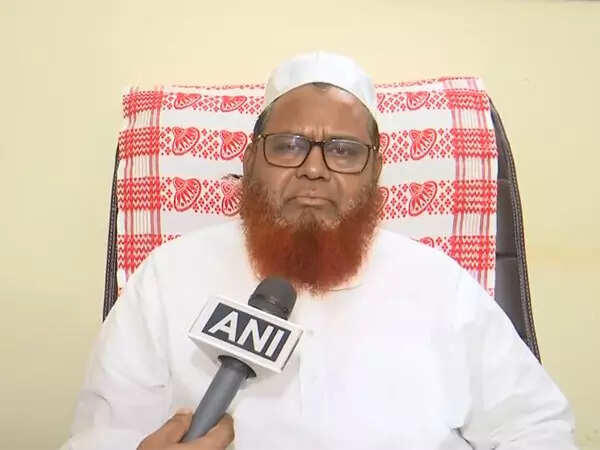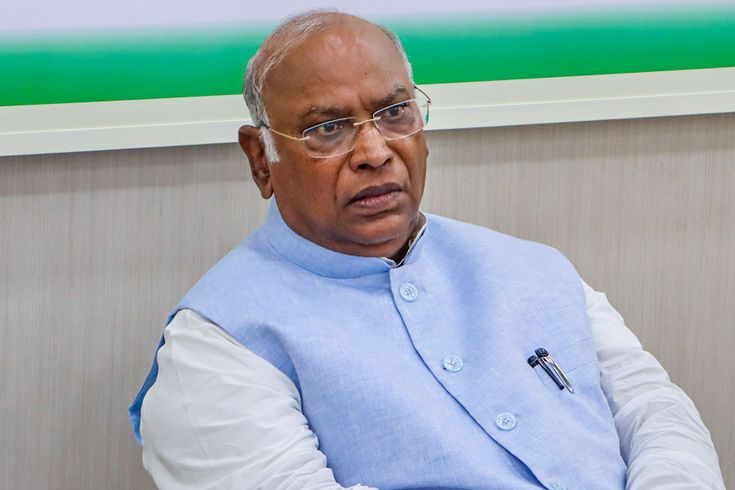AIUDF MLA Accuses Assam Govt of Aadhaar Bias, Migrant Favoritism, and Targeted Evictions
Assam, a state historically sensitive to migration and demographic change, is once again in the middle of a political controversy. AIUDF MLA Rafiqul Islam has launched a sharp attack on the ruling BJP government, accusing it of favoring certain communities over others. His latest remarks have reignited old tensions over identity, belonging, and political bias. According to Islam, the government is “laying a red carpet” for Bengali Hindu migrants from Bangladesh, even as it allegedly denies basic rights to the state’s poor and landless Muslim population.
'BJP laid red carpet for Bengali Hindus from Bangladesh': AIUDF MLA Rafiqul Islam slams Assam govthttps://t.co/t0uCZwPpUN
— Economic Times (@EconomicTimes) July 1, 2025
These allegations touch the nerve of Assam’s deeply divisive migration debate, particularly in the context of the NRC (National Register of Citizens) and CAA (Citizenship Amendment Act) controversies that have dominated political discussions in recent years. As Aadhaar registration becomes a gatekeeper to government welfare, Islam’s claims reflect broader concerns over selective governance, ethnic favoritism, and systemic exclusion.
Eviction Bulldozers Spare the Powerful, Crush the Helpless, Claims AIUDF
Rafiqul Islam’s central charge is that the BJP-led Assam government is deliberately protecting and regularizing Bengali Hindu migrants while making life harder for local Muslims, many of whom have lived in Assam for generations. He claims that these migrants, some of whom entered India post-1971, are being given access to Aadhaar and other official documentation without proper verification. In his words, they are being welcomed with a “red carpet,” not questioned or scrutinized.
Islam also criticized the recent administrative decision to restrict Aadhaar registration to only District Commissioner (DC) offices. According to him, this move has created unnecessary hurdles for landless and poor citizens, particularly Muslims in remote or rural areas. Without Aadhaar, these individuals are excluded from welfare schemes, government services, and even basic recognition as Indian citizens. He alleged that while legitimate residents suffer, migrants are quietly integrated into the system through illegal or politically manipulated means.
Another explosive claim was about the eviction drives across the state, which Islam says have disproportionately targeted landless families—many of whom belong to the indigenous Rajbanshi community or poor Muslims. He accused the government of turning a blind eye toward real illegal immigrants, and instead punishing marginalized sections of society that lack political influence or property documents.
Finally, Rafiqul Islam demanded that Aadhaar infrastructure be improved. He pointed out that long queues, distant registration centers, and procedural delays are causing immense suffering to genuine citizens, while politically shielded groups face no such issues. In essence, he painted a picture of double standards in citizenship verification and state services.





















